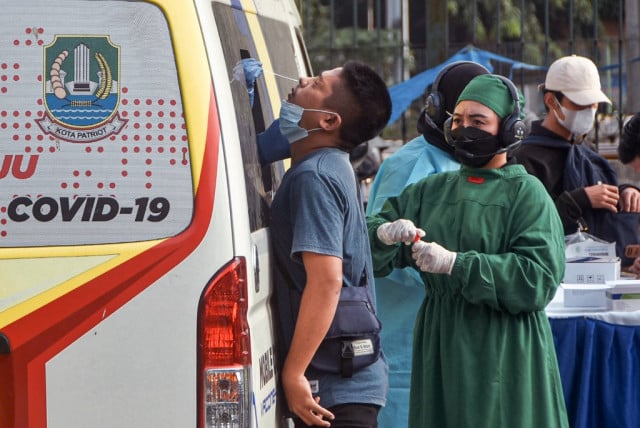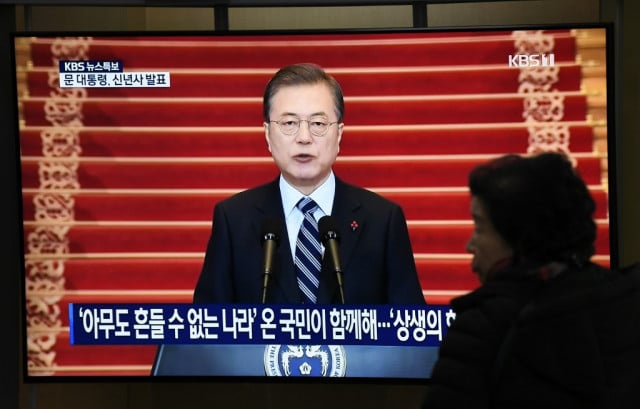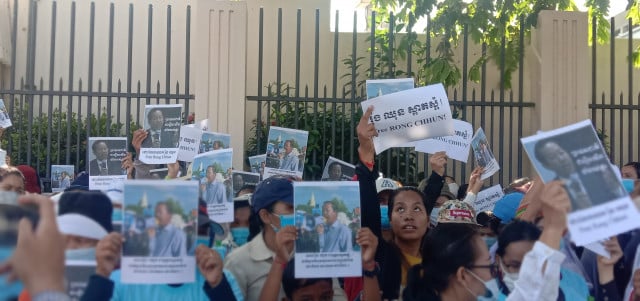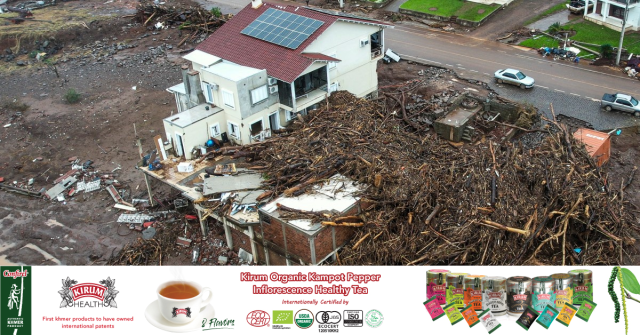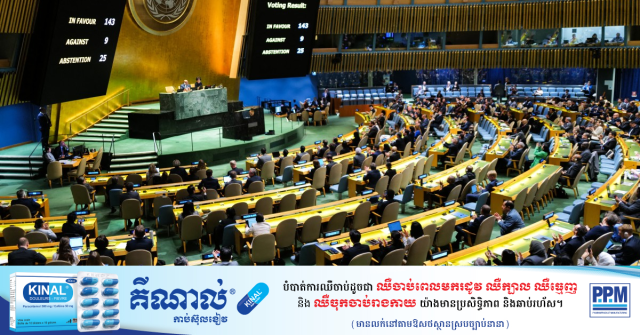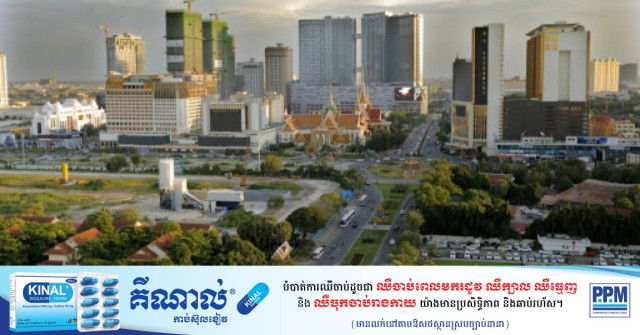Graduating from Least Developed Country Status: What Is Next for Cambodia?
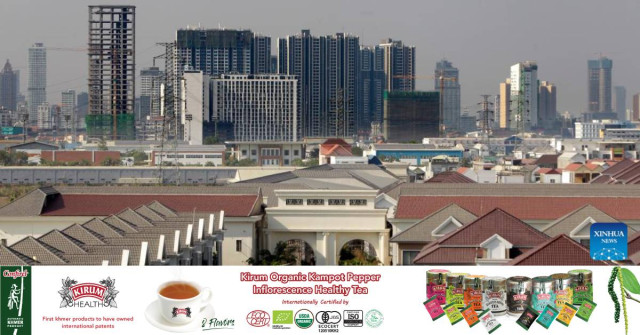
- By Him Vatana
- May 2, 2024 2:10 PM
Cambodia is projected to graduate from the Least Developed Country (LDC) by 2027 or 2030 at the latest after meeting the graduation criteria for the second time in 2024 by the Committee for Development Policy (CDP), United Nations (UN) as the country is in the lower-middle-income country status and aspire to become an upper-middle-income country in 2030 and high-income country in 2050.
Moving out from LDC status will be a proud moment for Cambodia as this clearly shows the strong efforts and high commitment of the Cambodian government to lead the nation from war to peace and prosperity. However, there will be new opportunities and challenges that Cambodia should watch out for.
The Efforts of the Government
Cambodia is considered one of the most rapidly growing economies in the world. For more than two decades until 2019, the Gross Domestic Product (GDP) growth has achieved about 7.7% annually on average.
To become certified as a graduate, a country is required to undergo a review every three years and fulfil certain criteria. These criteria include having a Gross National Income (GNI) per capita of at least $1,222, a Human Asset Index (HAI) of 66 or above, and an Economic and Environment Vulnerability Index (EVI) of 32 or below.
Despite of hitting hard by COVID-19, slow growth of the global economy, growing complexity of geopolitics in the region and tension between major states, Cambodia was still able to pass those criteria in 2021; $1,377 GNI per capita, 74.3 of HAI and 30.6 of EVI while in 2024, USD 1,590 GNI per capita, 77.8 of HAI and 24.1 of EVI. Thus, Cambodia will graduate from the status in the next 3-5 years.
Currently, Cambodia still depends on the low-labor industries particularly tourism, garment and textile, construction and traditional agriculture.
Economic freedom is categorized as limited freedom since the rule of law is the top issue that still concerning. Moreover, the country still faces economic vulnerability. For instance, during the initial hit of Covid-19, the GDP growth drastically dropped from 7.1 percent to -3.1 percent but later on, it is projected to bound back to 5.6 percent in 2023 while the International Monetary Fund (IMF) projected the growth will be 6.1 percent in 2024.
The government is confident that Cambodia can graduate as intended. For than more 20 years, the the government has been through major reforms to achieve its goals of economic development.
Various strategic policies have been implemented to build a strong and resilient economy and society. These policies include the Pentagonal Strategy, Rectangular Strategy Phase I-IV, Industrial Development Policy, Digital Economy and Society Policy Framework 2021-2035, and Economic Diplomacy. The goal of these policies is to integrate the international market, build good governance, promote the rule of law, improve physical infrastructure, and develop human capital.
The Law of Investment has been adopted, and the Law of Cybersecurity has been drafted. Additionally, a commercial court will be established.
Cambodia also is trying to enlarge and diversify the market by signing and utilizing a free trade agreement (FTA) bilaterally with South Korea, China, and the United Arab Emirates while multilaterally/regionally with ASEAN and Regional Comprehensive Economic Partnership (RECP). All these initiatives and policies have been playing roles in building trust and confidence to attract investors. The ultimate purpose of the government is to build the readiness to move out from LDC status and beyond.
Within the LDC status, Cambodia has leveraged the support and special treatment from developed countries and international organizations.
From 1992 to 2021, Cambodia received official development assistance (ODA) about $17.8 billion to develop the whole country. Particularly, the country has enjoyed the trade benefits; the duty-free status and favourable “rules of origin”. Everything But Arms (EBA) from the European Union (EU) and Generalized System of Preferences (GSP) from the US have played a vital role in Cambodia’s economy for over a decade.
Since the top export products of Cambodia include apparel and clothing, footwear, bikes and parts, the EU and the US are the strategic destinations for Cambodia to export the products.
In 2023, the US was the major market for Cambodia to export with which the export volume was about $8.9 billion, followed by the EU; $3.6 billion. These two markets accumulated about 55 percent of the whole of Cambodia’s export volume in that year which was about $23.47 billion in total while the trade volume was $47.87 billion.
LDC Graduation Impacts
Moving out from LDC will impact the economy particularly because there will be higher tariffs on specific exported products to Western countries. There will be loss of benefit for the European Union’s EBA and the US’s GSP. Regarding the GSP, the 30 percent of export products to the US over the past years that have been utilized under the scheme will be impacted.
For the benefit of EBA, after 3 years of graduation, Cambodia will go through the transition period where the trade benefits can be still enjoyed until 2030 or 2033.
At that time, Cambodia can consider applying for GSP Standard or GSP + from the EU which is a trade benefit’s scheme for graduated LDCs however the schemes particularly GSP+ still offer duty-free market access to textile and clothing products but the rule of origin will not be flexible and there are many agreements and compliances to compline and ratified unlike under EBA scheme. The technical assistance and capacity building will still be for Cambodia.
LDC graduation will give a new horizon to Cambodia. It would boast an international reputation and image to have political and economic independence since donor-recipient relation tends to have hidden/unhidden agendas in nature. For instance, the EU withdrew 20 percent of EBA from Cambodia due to concerns about human rights.
Ways Forward
Becoming an LDC graduate will be a major achievement for the government since it has made various preparations to ensure the graduation and transition period will go smoothly as set. Before and after graduation, there are issues that Cambodia should essentially strengthen because these are the concerns that the investors and international organizations still raise.
Managing more good relations with the major trade partners particularly the US and the EU should have done more since these two partners will still stay the reliable partners because of big consumption and economy as well as seeking more market diversification in which to not heavily depend on each partner.
Cambodia should work to further enhance good governance, transparency, and accountability of the rule of law to ensure the openness and fairness of competition in the market, particularly having a reliable and vibrance business climate to attract more major investors as stipulated in various national development policies, the Pentagonal Strategy Phase I, unveiled in August last year.
The government should look at enhancing more human capital and sector allocation and try to move from labour-intensive to skilled labour by reskilling and upskilling labour skills to fit in the demand of the market so that there will be easily moving to sectors that demand higher skills where people could earn higher.
The government should actively promote sustainable and resilient economic development to ensure long-term development that can navigate through any unpredictable economic shocks and make sure that the economy and society will not fall back to the status.
Him Vatana is a researcher at the Cambodian Center for Regional Studies. The expressed views are his own.








